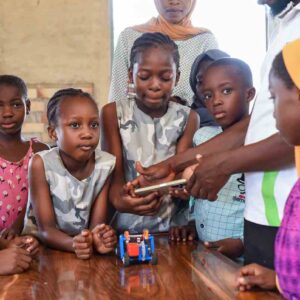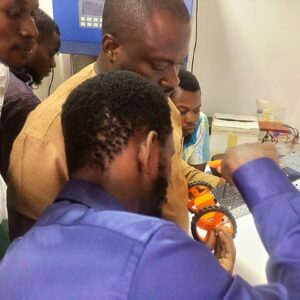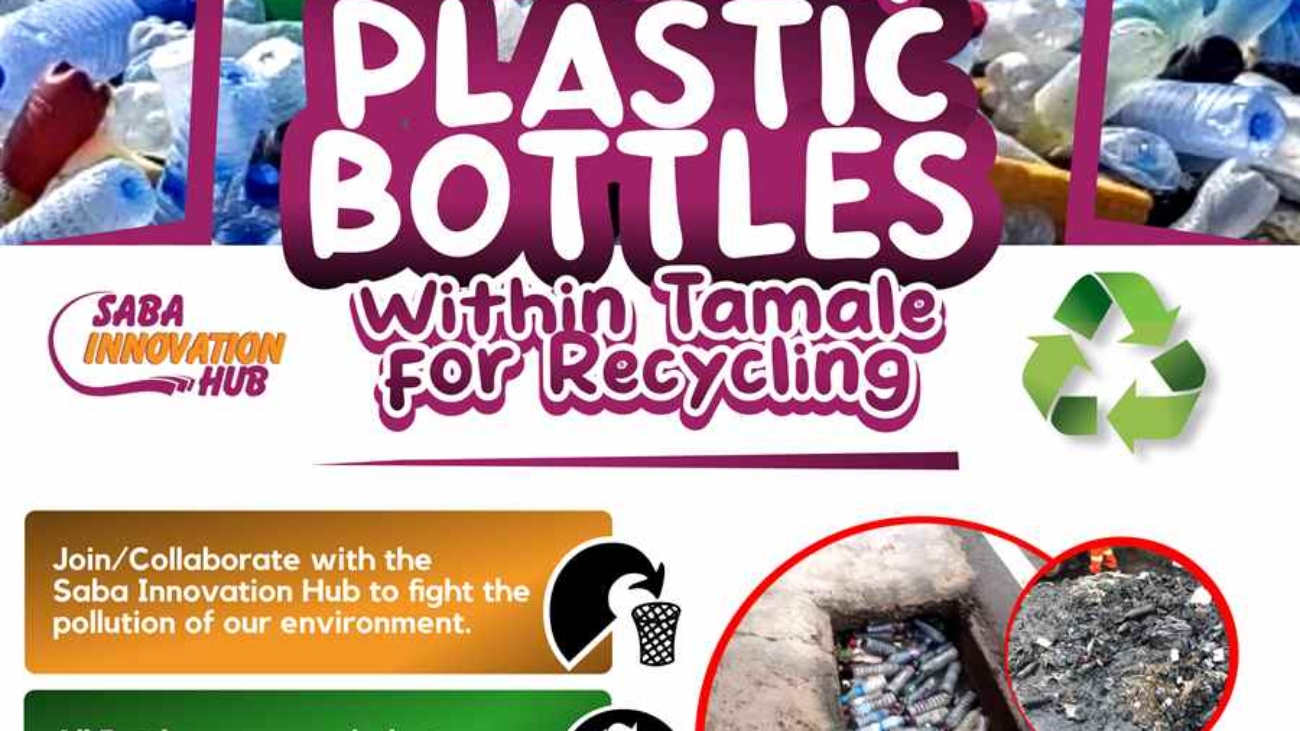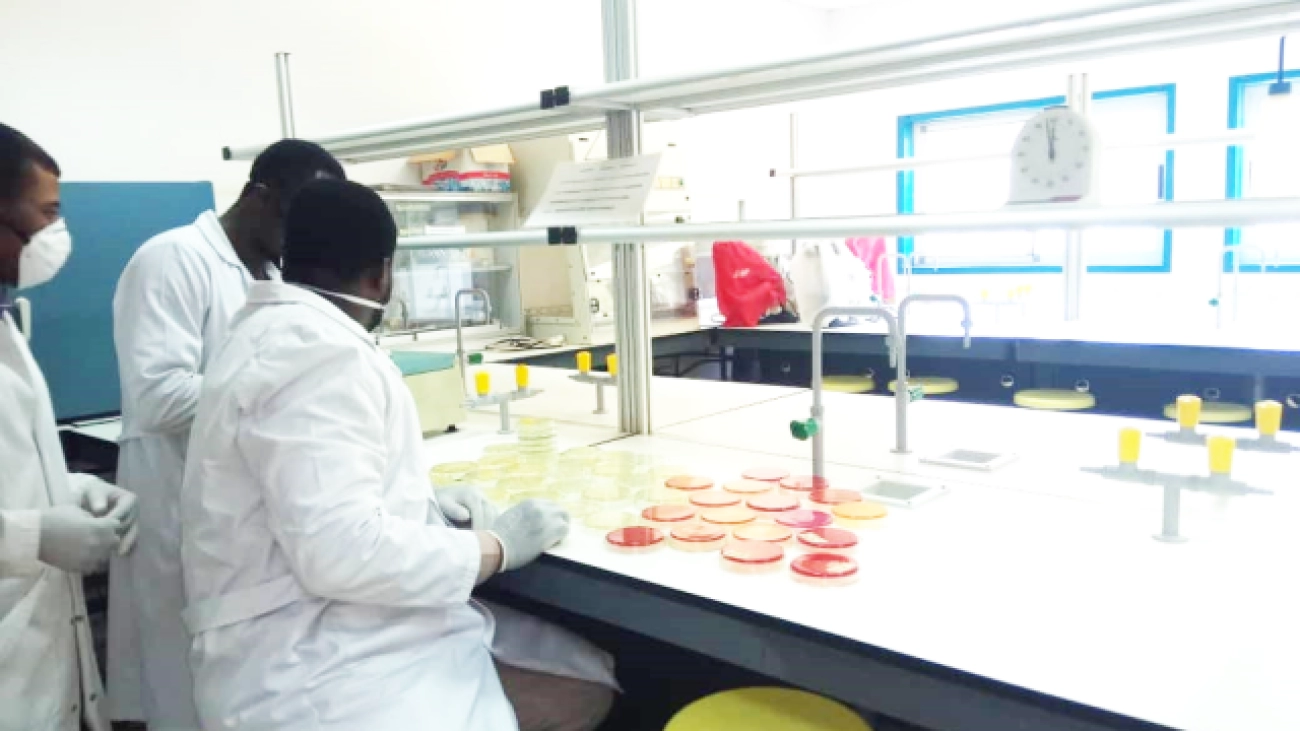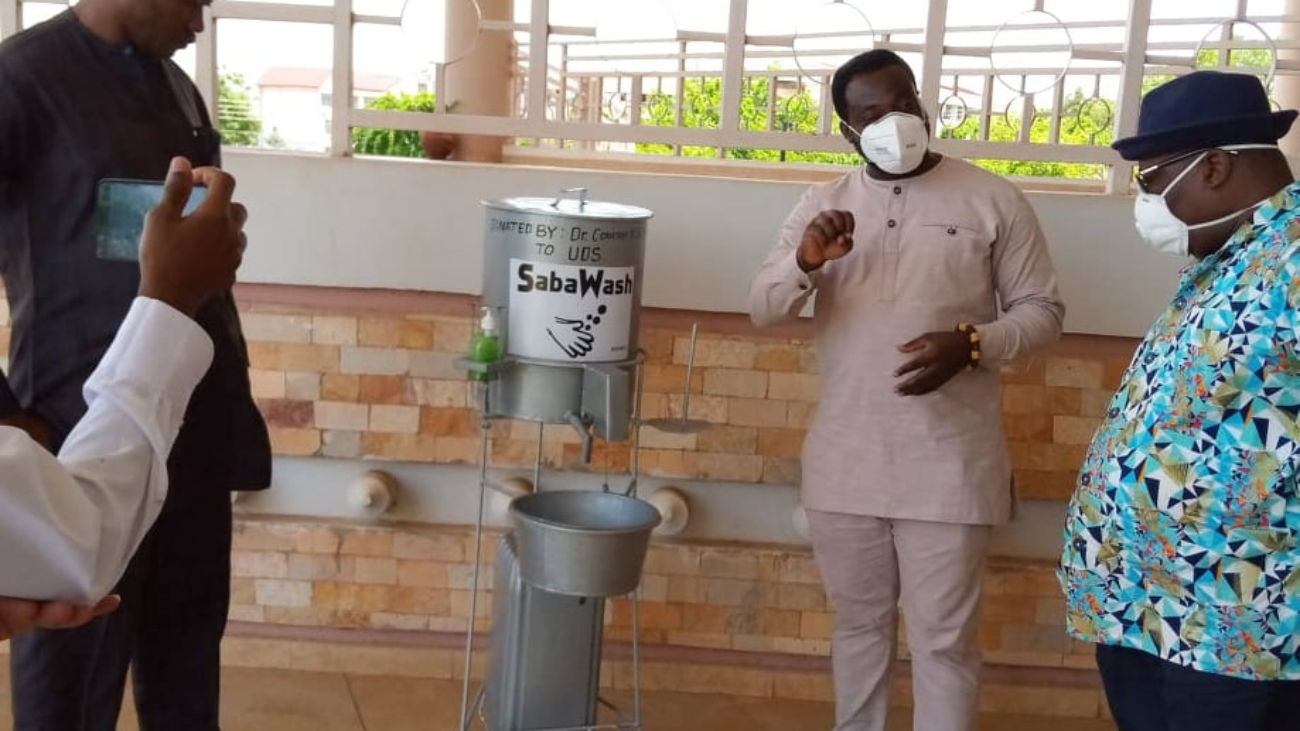
- 7GX
- July 18, 2025
You’re Invited: Code Your Future Open Day!
Step into the world of digital creativity and innovation!
On 1st August 2025, from 10 AM to 12 PM, we’re opening our virtual doors for an exciting Open Day Session on Google Meet — and you’re invited!
Whether you’re a curious beginner or a future tech trailblazer, this is your chance to explore the power of coding and web development through our upcoming online program:
🌟 Code Your Future: Scratch & Mobirise Mastery
During this interactive session, you’ll:
- 👩💻 Meet Our Experts who will guide you through the basics of Scratch programming, helping you build computational thinking skills in a fun and visual way.
- 🌐 Discover Mobirise, a powerful tool for building stunning websites without writing a single line of code.
- ❓ Ask Questions, get personalized insights, and see how this program can transform your digital journey.
🎓 Why Attend?
- Get a sneak peek at our hands-on curriculum
- Meet the instructors behind the program
- Secure your spot in the upcoming cohort
Whether you’re dreaming of building games, websites, or launching a tech career — this is your starting point.
📅 Save the Date:
Date: 1st August 2025
Time: 10 AM – 12 PM
Location: Google Meet
👉 Don’t miss out — your future in tech starts here!
Step into the world of digital creativity and innovation!
On 1st August 2025, from 10 AM to 12 PM, we’re opening our virtual doors for an exciting Open Day Session on Google Meet — and you’re invited!
Whether you’re a curious beginner or a future tech trailblazer, this is your chance to explore the power of coding and web development through our upcoming online program:
🌟 Code Your Future: Scratch & Mobirise Mastery
During this interactive session, you’ll:
- 👩💻 Meet Our Experts who will guide you through the basics of Scratch programming, helping you build computational thinking skills in a fun and visual way.
- 🌐 Discover Mobirise, a powerful tool for building stunning websites without writing a single line of code.
- ❓ Ask Questions, get personalized insights, and see how this program can transform your digital journey.
🎓 Why Attend?
- Get a sneak peek at our hands-on curriculum
- Meet the instructors behind the program
- Secure your spot in the upcoming cohort
Whether you’re dreaming of building games, websites, or launching a tech career — this is your starting point.
📅 Save the Date:
Date: 1st August 2025
Time: 10 AM – 12 PM
Location: Google Meet
👉 Don’t miss out — your future in tech starts here!




